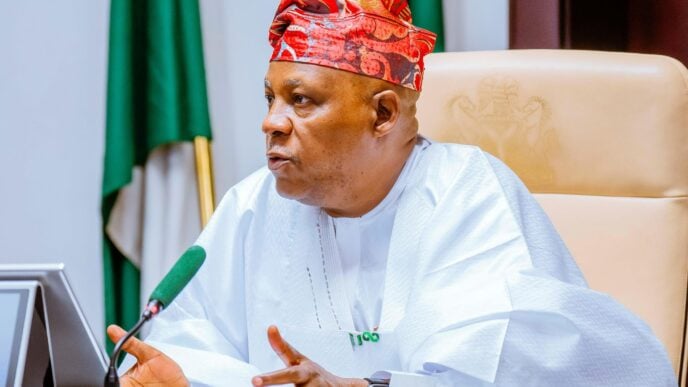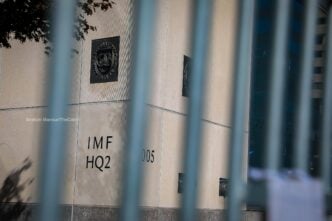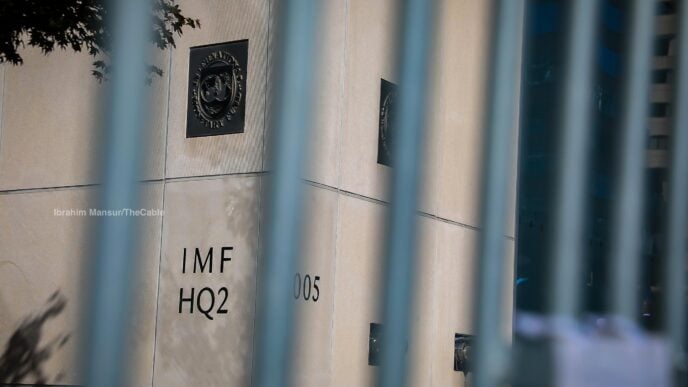The house of representatives ad-hoc committee on the economic, regulatory, and security implications of cryptocurrency adoption and point-of-sale (POS) operations has criticised the capital requirement for virtual assets service providers (VASPs), describing it as “too high and prohibitive.”
The committee, chaired by Olufemi Bamisile, raised the concern during a technical session with key regulatory and security agencies held on Monday in Abuja.
In 2024, the SEC had proposed raising the minimum capital requirement for VASPs to N1 billion – up from N500 million.
At the technical session, the committee said while regulation of the cryptocurrency sector is necessary, the capital threshold could “stifle innovation, discourage legitimate investors, and exclude emerging entrepreneurs, particularly young Nigerians who hold the potential to drive economic growth and digital transformation”.
Advertisement
The lawmakers, therefore, urged the SEC to review the requirement to make it “more accessible and inclusive”.
During the session, the Economic and Financial Crimes Commission (EFCC) disclosed that all confiscated virtual and digital assets linked to criminal activities are in its custody.
The agency said it maintains dedicated digital wallets across its zonal offices for the safekeeping of such assets.
Advertisement
In response, the committee directed the EFCC to submit comprehensive records of all confiscated digital assets to support its ongoing legislative review and policy recommendations.
Bamisile reaffirmed the committee’s commitment to developing a framework that balances innovation with oversight, protects the financial system, and promotes transparency, youth inclusion, and national security within Nigeria’s digital economy.
However, the committee expressed displeasure over the failure of several key institutions, including the office of the national security adviser, the Central Bank of Nigeria (CBN), the Nigerian Communications Commission (NCC), the Federal Inland Revenue Service (FIRS), and the ministries of finance and communications, innovation and digital economy to honour its invitation to the session.
Bamisile also urged the absentees to seriously take “the economic and security implications of the rapidly evolving digital finance sector”.
Advertisement









